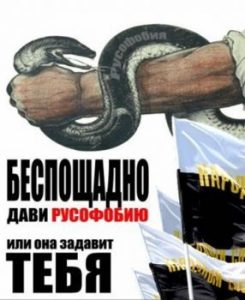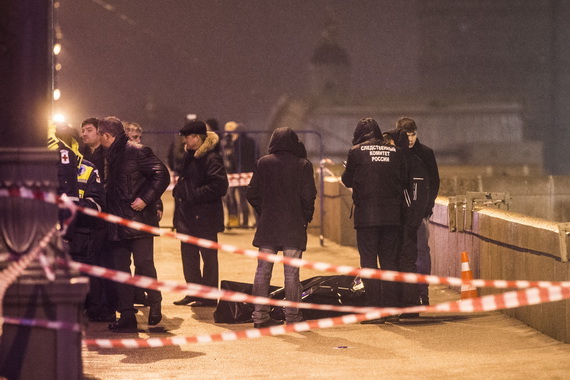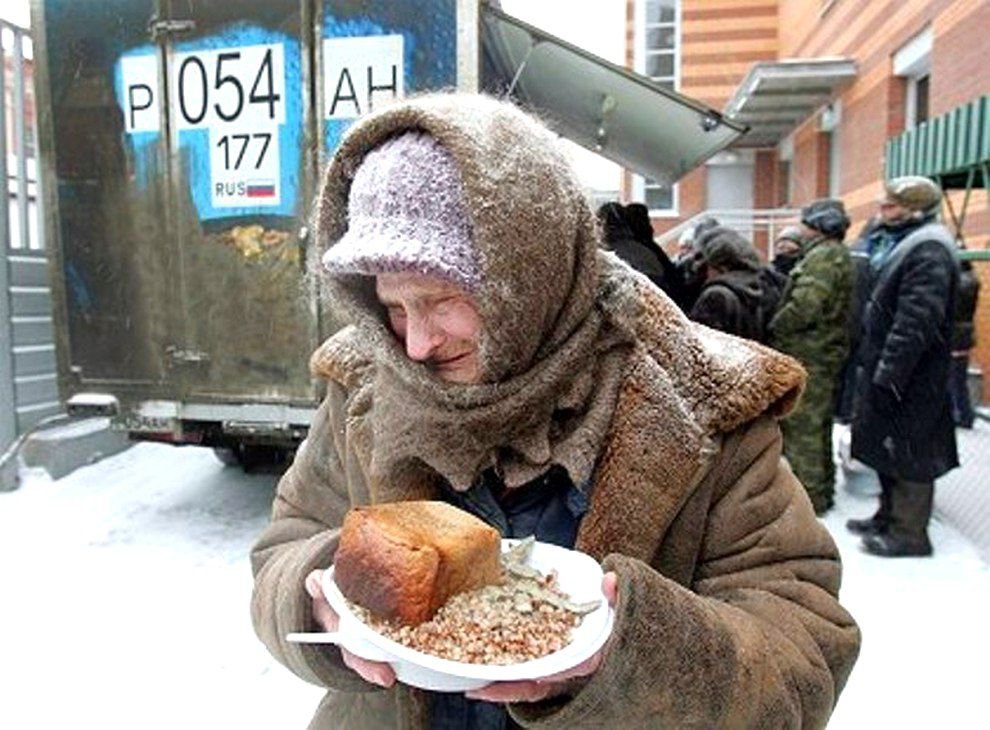The Kremlin’s revival of a campaign against what it calls “Russophobia” constitutes a threat not only to Western countries but to Russia’s future as well, according to two Polish experts. As such, they argue, it can properly be described as “a weapon of mass destruction.”
In a new study, “Russophobia in the Kremlin’s Strategy: A Weapon of Mass Destruction,” Jolanta Darczewska, Piotr Żochowski of Warsaw’s Centre for Eastern Studies point out that the term itself has a long history with “deep roots in nineteenth century imperial discourse.”
From the beginning, they say, it was used to define “the zone of the Russian Empire’s domination” as well as to present a “vision of a distinct ‘Russian world’ constructed in opposition to the consumerist, ‘decaying’ West,’ two themes that continue to echo to the present day.

Its reinstatement as a core meme of Russian propaganda now “represents the declaration of another stage of Russia’s communications war with the Kremlin’s opponents, both foreign and domestic.” But even more than 150 years ago, those using this term “give it a universal dimension,” equating it “with anti-Semitism.”
For the Kremlin and its supporters, Darczewska and Żochowski say, “the Russophobe … is a kind of classic ‘enemy’ of Russia” and thus can be used to inflame emotions and opinion both at home and abroad.
The two Polish analysts offer eight theses about the current anti-“Russophobia” campaign:
- As in the nineteenth century, the current Kremlin rhetoric about “Russophobia” is intended to “neutralize the West’s criticism of the … regime’s policy of expansionism” by casting Russia as the defender of an Orthodox Christian world against a rotting and degenerate West.
- The Russian authorities have used campaigns against “Russophobia” for tactical goals including suppressing non-Russians, democrats and Jews within the country but always with “the strategic objective” of presenting the world as “the rivalry of two cultural and civilizational models.”
- Campaigns against “Russophobia” are also intended to “legitimize” the Russian state’s domestic and foreign policies among Russians by portraying the rest of the world as hostile to them and thus requiring special defense.
- “That which is called ‘state propaganda’ is actually a form of planned and long-term special operation, which employs techniques of manipulating information and elements of ‘manually controlling’ the general public.”
- “This new strategy of the fight against Russophobia” entails “dangerous trends” because it “treats Russophobia as a form of intolerance toward ethnic Russians,” thus tying them to the state but making all others real or at least potential enemies.
- The Kremlin’s use of this term provides for the Russian people “a simple explanation for the ongoing tensions in relations between Russia and the West” and forecloses any questions about why such conflicts have emerged.
- The Kremlin’s attack on “Russophobia” is an effort to fill the gap left by the Russian government’s failure to offer “a positive program” about the future that could mobilize the population.
- This campaign is “a breeding ground for Russian chauvinism which in a multi-ethnic country” can be counter-productive to the goals of its authors and points to a future in which the Kremlin will further isolate Russia by increasing aggressiveness to the outside world.







